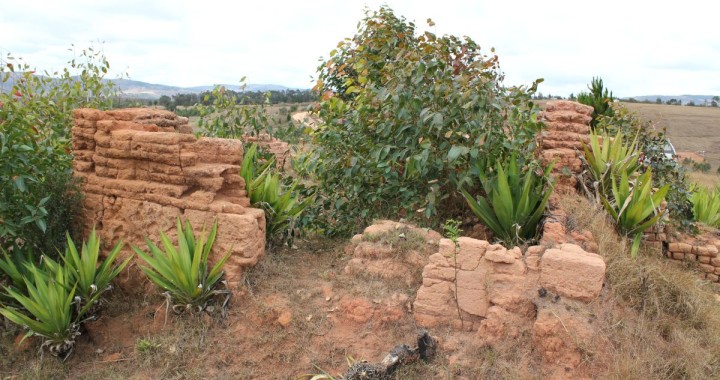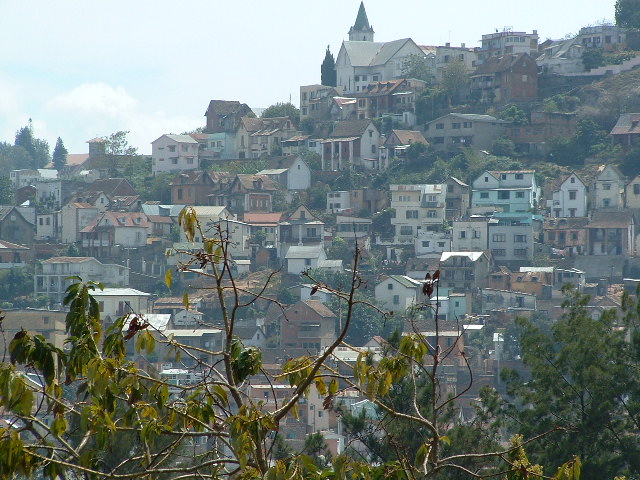
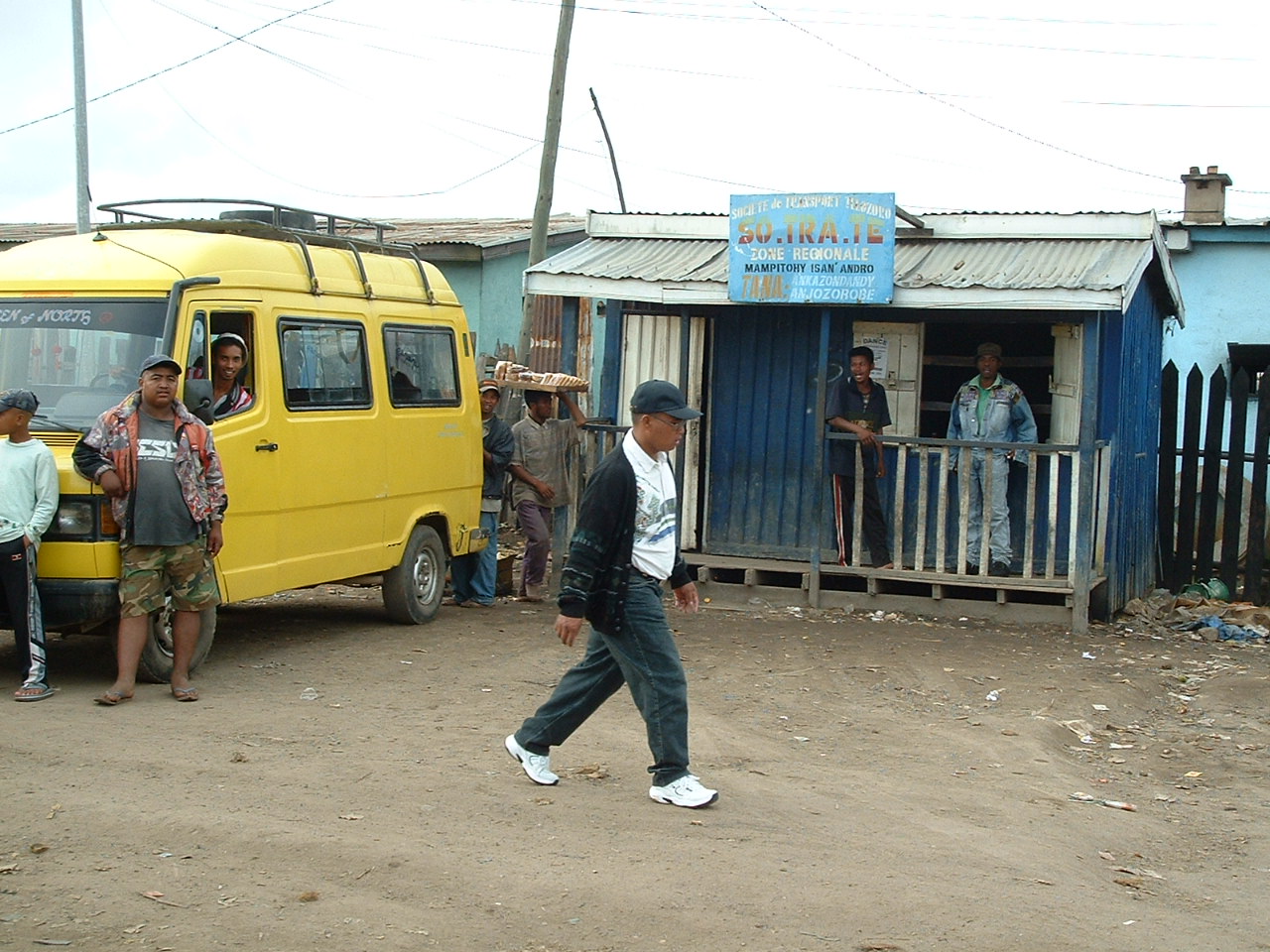
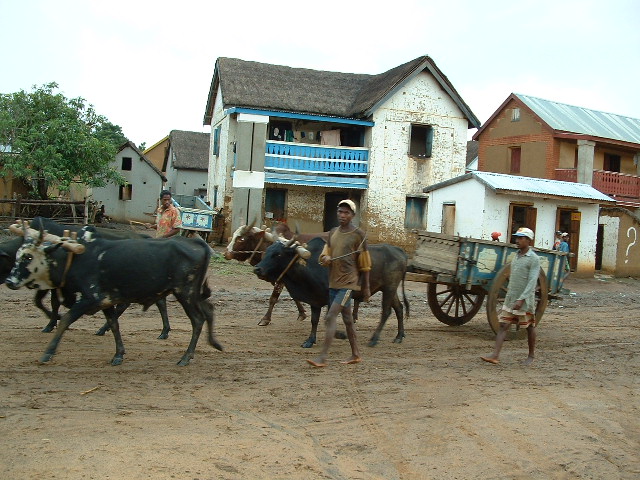
Antananarivo, February 1899.
[...] We happily sailed to Majunga (Madagascar’s port). In Majunga our captain was ordered to disembark all the passengers to Tamatave, as there was the plague there. Well, I had to disembark with my entire luggage. I had lots of pieces of luggage with me, for Provincial had sent from Toulouse plenty of things for our mission. I thanked God that, when as a result of the coral reef vapour (stank awfully) and heat (when we got trapped on the reef), the typhoid fever broke out on the ship, I got away with it. One of the sailors died and two greasers were left in Zanzibar hospital. From Majunga to Maevatanana we sailed down the Betsiboca river by a, so called, steamer, consisting only of the engine room and a deck for passengers. Our luggage was loaded into a boat, which was tied to the steamer.
The river swarmed with caimans. One of them, who I saw, was an impressive specimen. It was long, may be even 12 meters long. It ran, they do not run like lizards, rather like dogs or other animals. It could have been the height of a chair, may be even higher. It was hard to say at a glance. A kid from the preparatory class of our Chyriv boarding school could easily sit in its chaps, I only doubt that he would want to.
From Maevatanana, which is also called Suberbieville, I travelled 344 km by filanzana. Filanzana is a seat attached to two poles. The rich have more stately, the poor - simpler version. This sedan is carried by four carriers. Those carriers are followed by another four and they constantly change. There is no other way of transportation here. Travellers, luggage, absolutely everything is carried by the carriers. There are no horse or mule carts. I cannot but admire those carriers. For poor payment (from Maevatanana to Antananarivo, i.e. 344 km, each of them will get 30 francs) they carry travellers and their luggage. Each carries 30 kilograms. They are never tired, always happy, talk, laugh, run and never out of breath. They travel barefoot on the rocks and stones, through the mud and across the rivers and marshes, as there are no bridges. They easily get up and down the highest rocks. Without any rest they go 25, 30 and very often even 50 km, i.e from a station to a station.
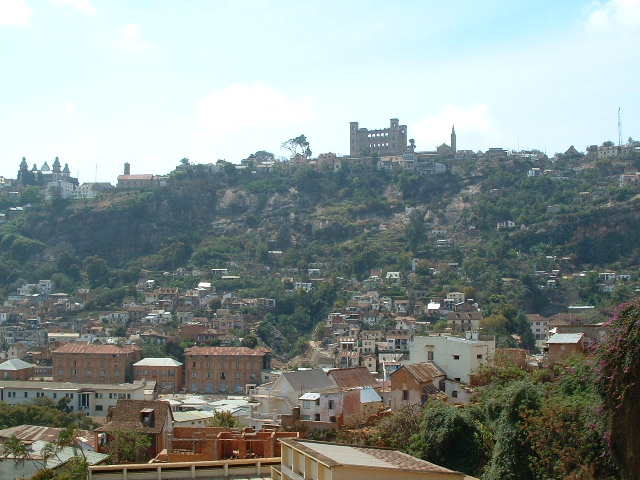
The French established the outposts every few kilometers throughout the distance between the major cities. There are “a kind of” guest rooms at those outposts, where travelers can spend the night. I say “a kind of”, because it is an adobe or a reed hut with a weed roof that leaked through during the rain. There are holes instead of the windows, which are stopped up with whatever turns up. Nothing to be said about the furniture.
I celebrated three Christmas Masses at Christmas Day. We were fortunate, there was no rain. I wish I could express what I felt at that moment! I saw the stable in Bethlehem and the Holy Family nearly lifelike. It is impossible to describe, one need to feel it. Some Catholic Malagasy children sang Gloria in excelsis and other songs in Malagasy. They looked like the shepherds at the crib of Jesus. As soon as the Mass was finished we were on our way. […]
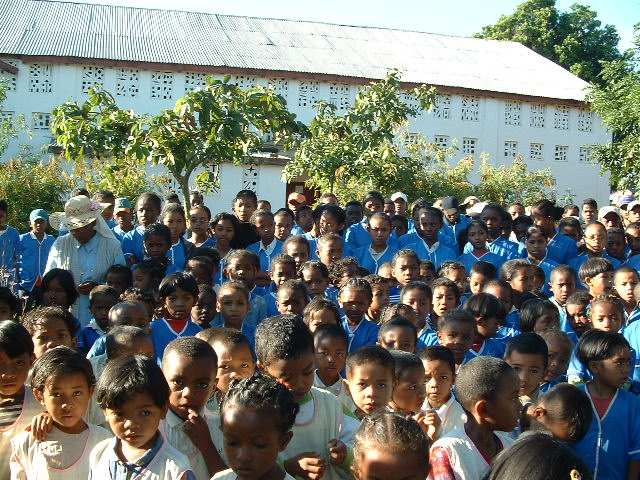
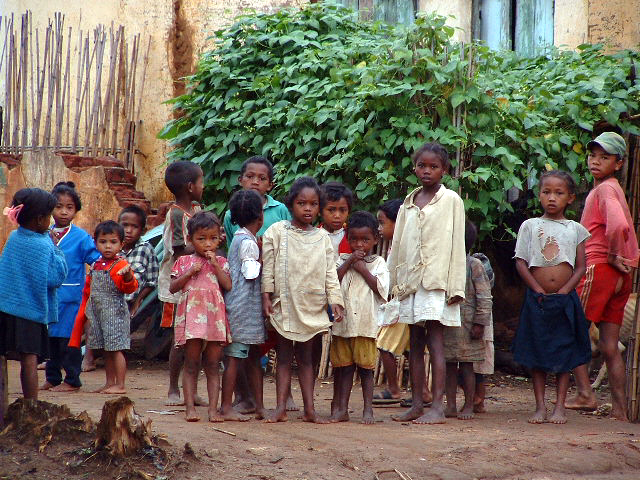
Madagascar is a huge desert in the true sense of this word - no trees, no birds, few people, nothing, only rocks covered with some poor grass. You can come across some tiny villages – four or five adobe huts, where poor Malagasy people live. They exist by whatever is given by God: rice, locusts, fruit, sometimes meat, etc. There are scanty oases, called here “woods”, i.e. a dozen or several dozen trees. They do not look like tropical trees, though. They are so scanty. Once or twice swarm stepped on me and I entrusted my sinful soul to Our Lady.
We went down the steep and high cliff. The path went above the chasm and my palanquin slanted strongly to the abyss side. I saw a stream and some green bushes growing on both sides of the stream. Only when we got to the foot of the cliff I realized that it was a narrow escape. The cliff was several hundred meters high, almost vertical. It was not a stream, but a river, Betsiboca, down which I sailed by the steamer and which is full of crocodiles, ready to swallow anything served by the river waters. The green bushes appeared to be huge palm trees. The river and the trees seemed so little only because of the cliff height. I nearly moved into the next world – half a meter to the side and all was over. If there were not for Our Holy Mother protection, I would not write this letter […].
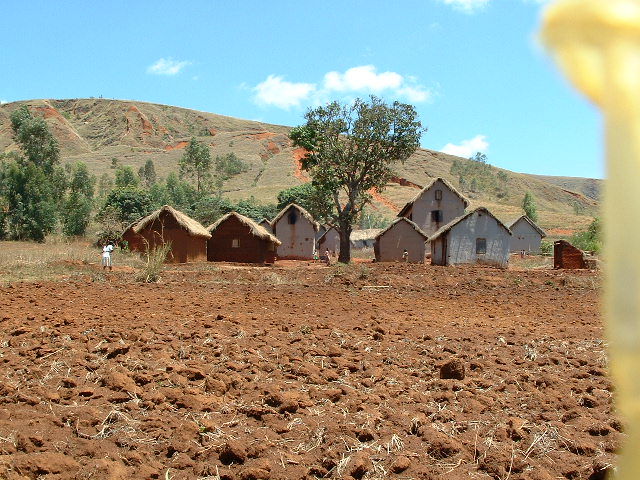
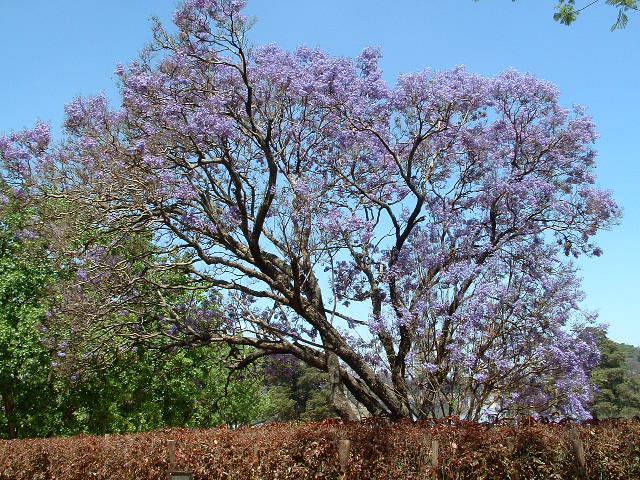
Finally, on the 30th of December 1898 I reached Antananarivo. I am going to stay here, at our residence, as long as I learn Malagasy enough to speak to the local people and be understood and then I will move to Ambahivoraka to reside with my poor things.
The climate on Madagascar is similar to European. The only difference is that there are no times of the year: four months of rain and the rest is a dry season. It is very damp here and there are a lot of swamps and marshes around. As a result of such humidity, malarias and fevers are constant here. If they are not treated they can be lethal. Many local people die of those illnesses.
I got to Antananarivo on the 30th of December 1898. I fell ill the next day. I had a severe attack of malaria. They say here that every European person should suffer through that illness. I wanted to get through it on the move, but I was not able, since the fever was up to 40̊ and sometimes even higher. So I had to go to bed and stay there all day long.
Well, I think I have explained myself for the late written letter, have not I? I could not write it earlier. I really wanted to. You know how it always is: man proposes, God disposes […].
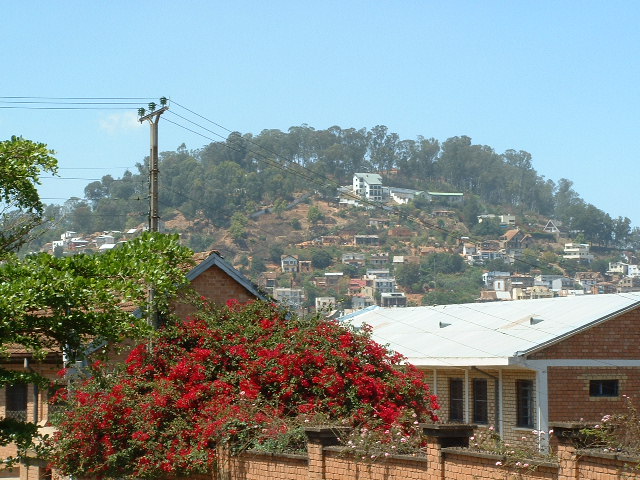
Speaking about the letter delay, you also need to take into account that the mail is shipped to Europe and back only two times a month. The mail is not transported by horse or by train service, but is taken to the port by a messenger. The distance to the port is not a kilometre or two, but hundreds of kilometres through the mountains, chasms, rivers and marshes, etc. He is not able to move fast. The French call those messengers “courrieres”. The courrier may sometimes be as willing to hurry as I am to dance, especially when the day is hot and he is hungry. [...]
